The new report published by the Organization for Economic Cooperation and Development (OECD) reveals that the steel sector in South Africa plays a critical role in the country's economy but requires a comprehensive transformation process to reduce carbon emissions. According to the OECD report titled “Implementing the OECD Framework for Industry's Net-Zero Transition in South Africa,” the steel industry accounts for approximately 1.5% of the country's economy and provides employment opportunities for more than 200,000 people. However, the sector is responsible for one-third of South Africa's energy-related carbon emissions. The report emphasizes that a transition to a production model that is compatible with environmental goals, competitive, and sustainable in the long term has become inevitable.
A high-cost transformation process
The OECD report states that the transition from coal-based production methods to clean technologies in the region incurs significant costs. It states that low-emission methods such as hydrogen-direct reduced iron (H₂-DRI-EAF) and carbon capture systems (CCU) are 26 to 42 percent more expensive than traditional production. The main reasons for this difference are limited access to renewable energy, high investment costs, and insufficient market incentives for green production. According to the OECD, the transition needs to be supported not only by financing but also by strong public-private partnerships. The report also recommends that the government establish a clear roadmap for the steel sector, strengthen carbon reduction policies, and promote practices that encourage environmentally friendly production.
Investments and infrastructure should be prioritized
According to the OECD, improving the investment environment is crucial for accelerating the transition to low-carbon production. Renewing energy infrastructure, making joint infrastructure investments in industrial zones, and implementing long-term electricity and hydrogen supply agreements are seen as steps that will facilitate the sector's transformation. The report emphasizes that the more efficient use of renewable energy sources and their integration into production will also be decisive for future competitiveness. The OECD also notes that publicly supported credit and guarantee systems can reduce investors' perception of risk, thereby increasing interest in low-emission projects.
“With the right policies and financial strategies, South Africa can both revitalize its industry and become the global center for green steel.”
The OECD states that South Africa could become a regional hub for low-carbon steel production thanks to its natural resources, iron ore quality, and renewable energy potential.
The report notes that initiatives announced in recent years, such as the Steel Master Plan, the Just Energy Transition Partnership (JETP), and the Just Energy Transition Investment Plan (JET IP), are steps in the right direction, but that these initiatives need to be accelerated.
According to the organization, the transformation process is not only technical but also has a social dimension. Involving workers and local communities in the process, protecting education and employment, can ensure that the transformation is fair and sustainable. The OECD states that with the right policies and strong partnerships, South Africa can both renew its industry and gain a new position in the global steel market.


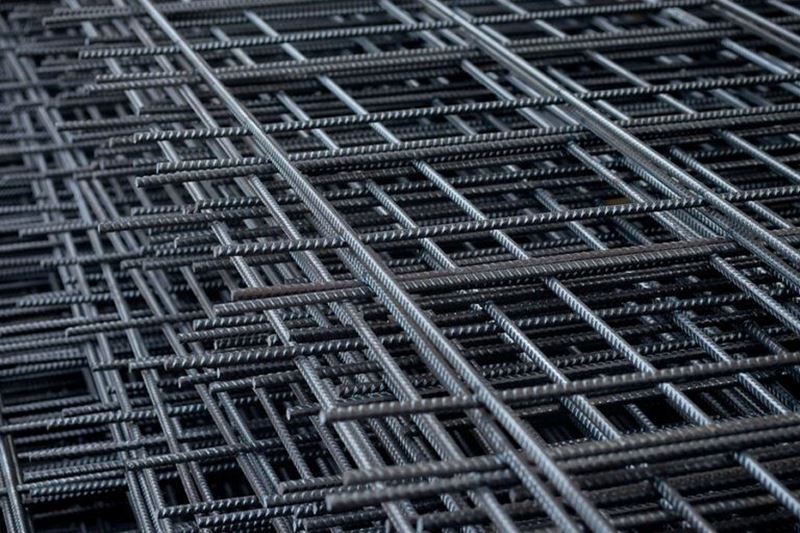

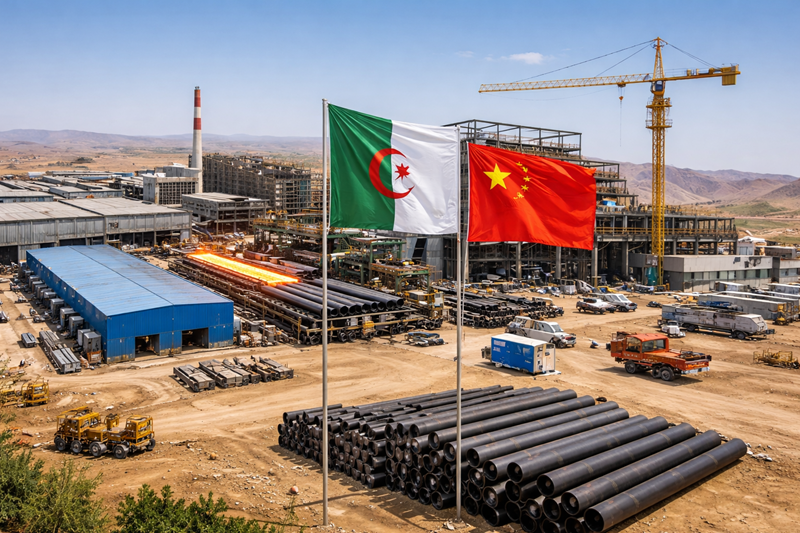
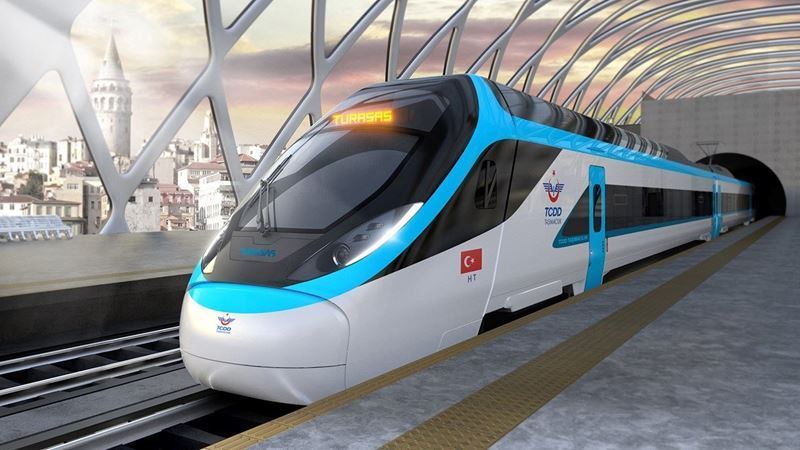
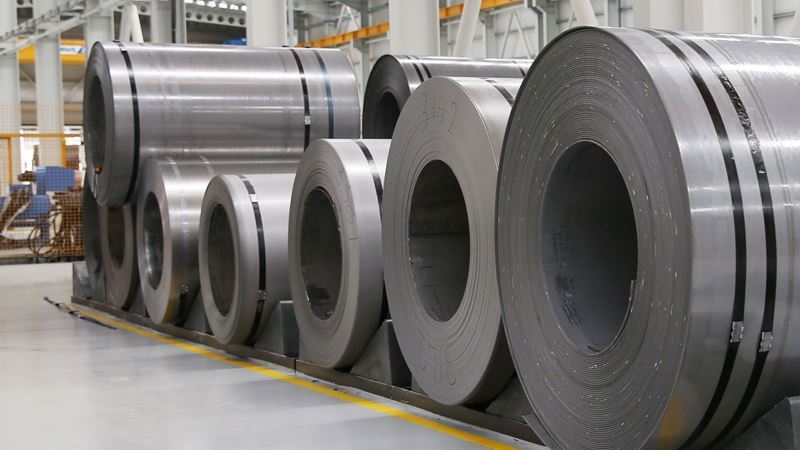

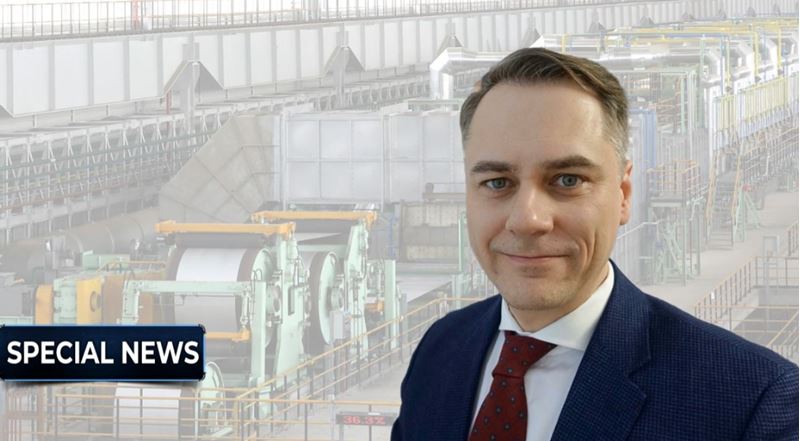


Comments
No comment yet.